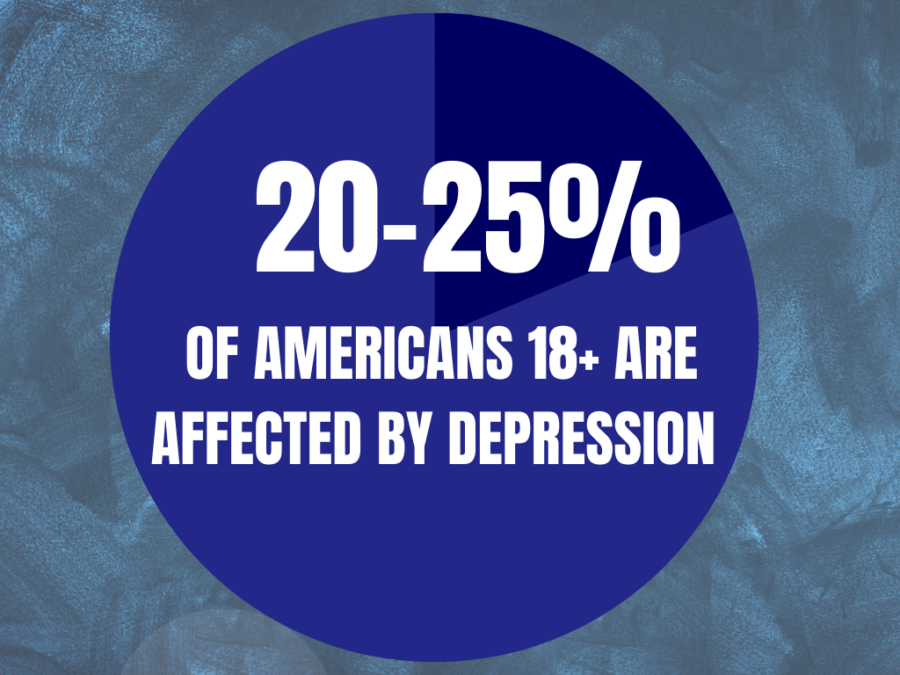
How does Weber State University compare against colleges nationwide?
In mid-September of this year, the Department of Education created and published a website called College Scorecard. This site includes significant information regarding how colleges and universities across America contend with one another in terms of affordability, number of students who graduate and average annual income of those graduates.
Through this site, information that was not previously assembled and accessible. College Scorecard has created transparency for higher education, as it now allows those with internet access to easily view information.
Of course it would come as no surprise that the leading universities such as Yale, Harvard, MIT, Stanford and others would produce higher paying alumni, but in the end, WSU rates well among fellow Utah universities.
WSU has an average annual cost of $9,760 per student, a graduation rate of 36 percent and an average annual salary after attending of $42,400. Compare this to Dixie State College, with a cost of $15,399, a graduation rate of 35 percent, and alumni making only $34,600 after graduation.Utah Valley University costs $9,642, has only a 24% graduation rate, and $43,500 for an annual salary.
Weber State beats University of Utah, Utah State, Southern Utah University and Dixie State College in terms of costs to attend. Graduation rates at Weber are higher than UVU, Salt Lake Community College and Dixie State College. The average annual salary after attending WSU is better than Salt Lake Community College by $6,200 dollars, Southern Utah University by $5,200, Dixie State by $7,800 and Snow College by a whopping $13,800, and is level with Utah State University.
President Wight explains that Weber State has a big number of part-time students who attend, which is not counted in the graduation rate percentage. Additionally, the recovering economy is probably a part of the picture for the low number.
This being said, that number would fluctuate with all the other universities as well if part-time students were also counted.
“The institution has taken a lot of measures to try to increase our six year graduation rates by offering completion scholarships by making orientation mandatory instead of voluntary and by beefing up our academic advising,” Wight said.
It is easy to see, based on these figures, that Weber State competes well with other universities in Utah. Not one of the above mentioned universities or colleges beat WSU in every way. If they had a higher graduation rate then their costs to students or average annual pay after attendance was not as good as Weber States and visa versa.
Wight explains, “You have to take this number, this average annual cost with a grain of salt. The number you can’t quibble with is our full time annual tuition and fees which is about $5,200 per year now, and that is about 40% below the national average tuition for four year schools, and I am very happy with that number.”
Access to such information may very well change the dynamic and enrollment rates across the nation. Many colleges and universities may be put out by such facts being so easily attainable, and others may soon thrive with this information being more public.
When asked why she attends Weber State over other options, Cassidy Eames, a WSU student, states that proximity and low costs were among her reasoning along with loving Ogden and the many outdoor activities available here.
Smarter decisions can be more easily made when choosing ones future in higher education thanks to College Scorecard. But will future students take these numbers into consideration?
If you are interested in the College Scorecard numbers visit https://collegescorecard.ed.gov/














